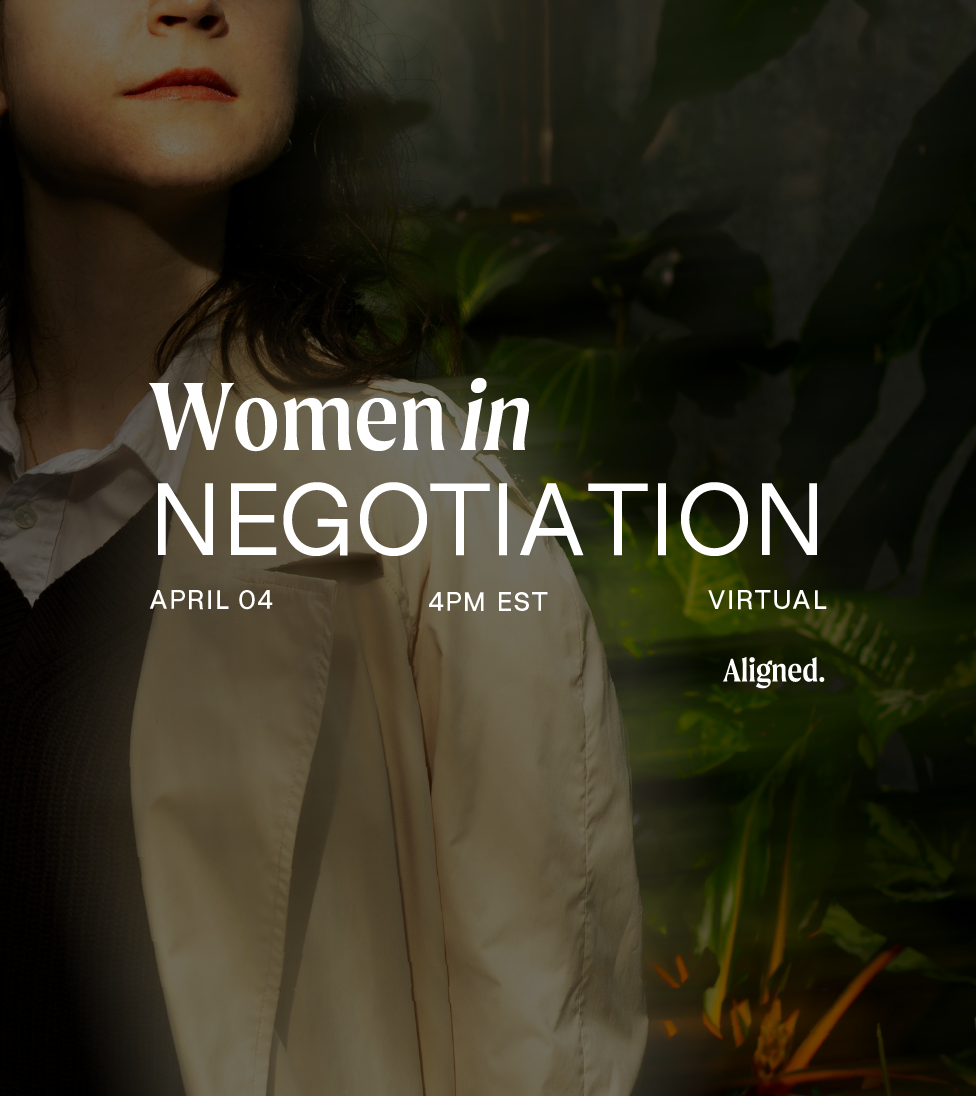
In any negotiation, there will be times when you don't have all the answers. For example, you may be waiting on crucial information or need more time to think about the best way to proceed. Whatever the case, it's important to remember that it's okay not to have all the answers. Extra time might be advantageous to ensure you're getting the best possible outcome.
Here's why.
When you're working through a complex negotiation, there will be times when additional information is needed before you can make a decision. These details could be anything from test results to manufacturing runs to pilot programs. And while it might be tempting to try and come up with a solution on the spot, it's often better to take your time and ensure you have all the facts before moving forward. Rushing into a decision without all the information could lead to a suboptimal outcome for both parties involved.
Don't let your ego tell you you need to have all the answers.
Having only some answers right away allows you more time to think about your strategy. If you take a step back and assess the situation from all angles, you'll position yourself to negotiate from a place of strength. Moreover, taking your time can also create an atmosphere of trust and cooperation between both parties.
What can you do instead? Park some issues.
Parking an issue means setting it aside for the time being until more information is available. Don't feel the need to feed your ego by assuming you need to have all the answers immediately. By parking an issue, you can buy yourself some time to get more information and come back to the negotiation later.
Don't ignore the other party though. It is essential to keep the lines of communication open with your counterparty so that they know you are still working on the issue and plan to revisit it later.
Take breaks and focus on other areas of the deal. Momentum is key.
When Should You Park an Issue?
You should park an issue when it prevents you from making progress in the negotiation. It's also a good idea to park an issue if you are getting nowhere in the discussion and tempers are beginning to flare. You can come back later with fresh perspectives and renewed energy by taking a break. Finally, don’t hesitate to park an issue if someone on your team needs more time to prepare or if something else is going on that is more pressing.
If you keep slamming into the same problem, set it aside for later.
Parking an issue in negotiation can be tricky, but moving forward with the negotiation is often necessary. By keeping the lines of communication open and taking some time to get more information, you can successfully park an issue without derailing the entire process. Remember that parking a problem is not the same as giving up; it simply means putting it on hold so you can return to it later with fresh eyes and a new perspective.
By taking your time and gathering all the relevant information, you'll be in a much better position to get a favorable outcome for everyone involved.








